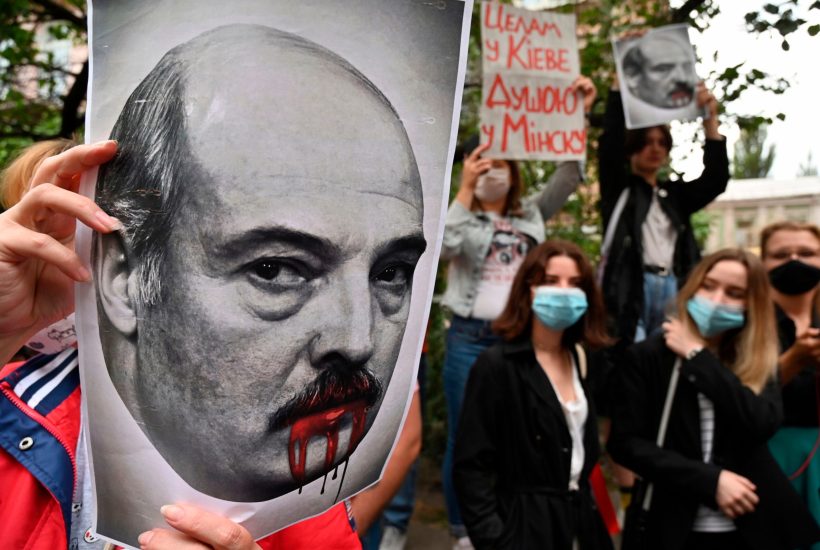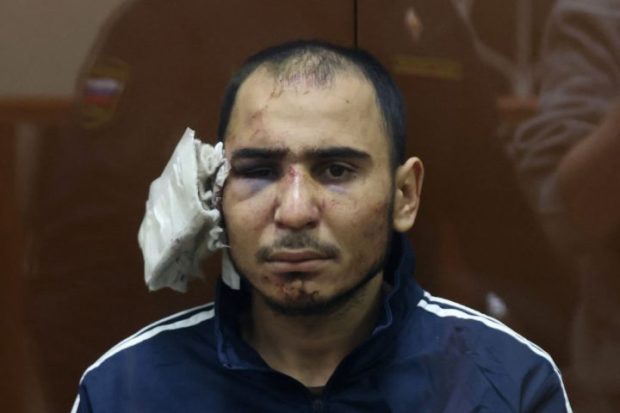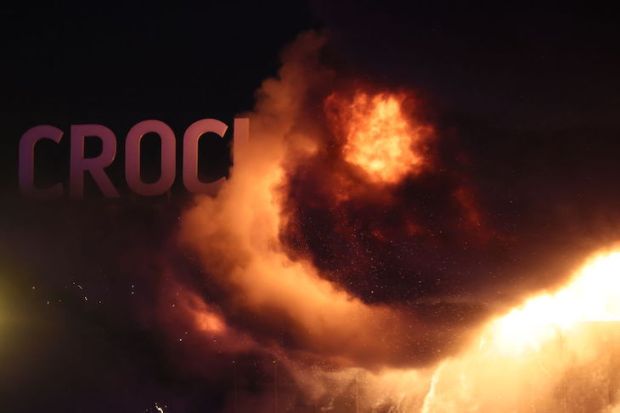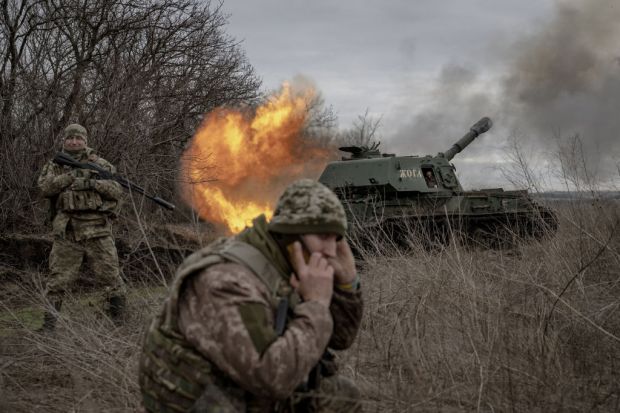When is the EU going to take action against Belarus, the Soviet dictatorship crumbling away on its eastern edge? Dominic Raab has announced that the UK will unilaterally impose ‘Magnitsky-like’ sanctions against Belarussian officials, blocking those complicit in the mass incarceration of protesters from operating within the UK. Meanwhile, at a Foreign Affairs Council meeting last month, Cyprus chose to veto proposed EU sanctions against Belarus. The move will further weaken a ‘non-binding’ resolution by the bloc which condemned president Alexander Lukashenko while refusing to recognise the result of August’s rigged election.
The European Parliament continues to falter in taking decisive, multilateral action against a dissident regime. Cyprus’s decision to veto the sanctions was driven by its broader dealings with Russia. Not for nothing is Cyprus known as ‘Moscow on the Med’ — a growing web of political and economic interests have tied this island nation to Moscow. It sends a clear message to reliant countries like Cyprus when the Kremlin condemns the EU’s ‘attempts to influence’ Belarus through ‘illegal unilateral sanctions’.
The small Baltic states of Estonia, Latvia, and Lithuania, however, have become seasoned professionals in the realm of Kremlin-management. These small, former Soviet states, with a combined population of only six million (half that of Moscow’s) have large ethnic Russian populations. According the 2019 censuses, ethnic Russians constitute 24.7 per cent of Estonia’s population, 24.9 per cent of Latvia’s population and 4.5 per cent of Lithuania’s. Much of this can be put down to the collapse of the Soviet Union when 25 million ethnic Russians suddenly, and unwillingly, became a sort of beached diaspora across a newly emerging eastern Europe. Such statistics might suggest that former Soviet satellite states are ripe for Russian influence. But since declaring independence in 1991, the Baltic states have fought hard to stay outside the Kremlin’s sphere of influence and maintain their sovereignty.
Not only are these states members of both the EU and Nato (Nato’s Enhanced Forward Presence has meant that troops have been stationed within their borders since 2017) but they have consistently sought to curb dependence on Russia and Vladimir Putin’s cronies.
Moscow’s historic monopoly over much of the continent’s energy supply meant that in 2014, 100 per cent of the Baltics’ gas was imported from Russia. But after the Crimean annexation, Estonia, Latvia and Lithuania set about importing energy from less overbearing neighbours. As of 2019, Estonia and Latvia now only import 50 per cent of their gas from Russia. The most recent statistics show that Lithuania has brought its figure down to 37 per cent.
Other EU states could learn from this resolve. The Nord Stream 2 pipeline development between Russia and Germany complicates sanctions and diplomatic efforts to counter Belarussian authoritarianism. Alexei Navalny’s poisoning in August brought German reluctance to a head: Berlin called for sanctions against the Russian government but, conveniently, not on Russian companies involved in the pipeline.
Similarly, where the UK has been ineffective in its bid to tackle Russian money-laundering in London, the Baltic states have been determined in their efforts to curtail Russian sharp-power influence. Martin Helme, Estonia’s finance minister, recently called for an investigation into Russian money laundering by EU-sanctioned companies through Danske Bank.
The Baltic states’ unusual demographics have led them to develop policies which seek to separate anti-Kremlin sentiment from anti-Russian feeling. There have been efforts to integrate ethnic Russians into wider society, encouraging assimilation through the funding of language programmes and creating state-funded Russian language media, while also fighting Kremlin disinformation. Lithuanian ‘elves’ are just one example of this: a government-funded, citizen-led organisation which actively debunks misinformation campaigns online. Last week, Lithuania, Latvia and Estonia imposed travel bans on 128 Belarussian officials on the grounds that they had falsified election results and violated human rights. In protest against a Russian-funded nuclear power plant in Belarus, ministries across the three states have also agreed to boycott energy imports from Minsk.
The Baltic states don’t rely on elusive EU consensus in their response to Kremlin encroachment. Other EU countries — as well as the UK — have a lot to learn from these three little countries.<//>
Got something to add? Join the discussion and comment below.
Get 10 issues for just $10
Subscribe to The Spectator Australia today for the next 10 magazine issues, plus full online access, for just $10.




















Comments
Don't miss out
Join the conversation with other Spectator Australia readers. Subscribe to leave a comment.
SUBSCRIBEAlready a subscriber? Log in